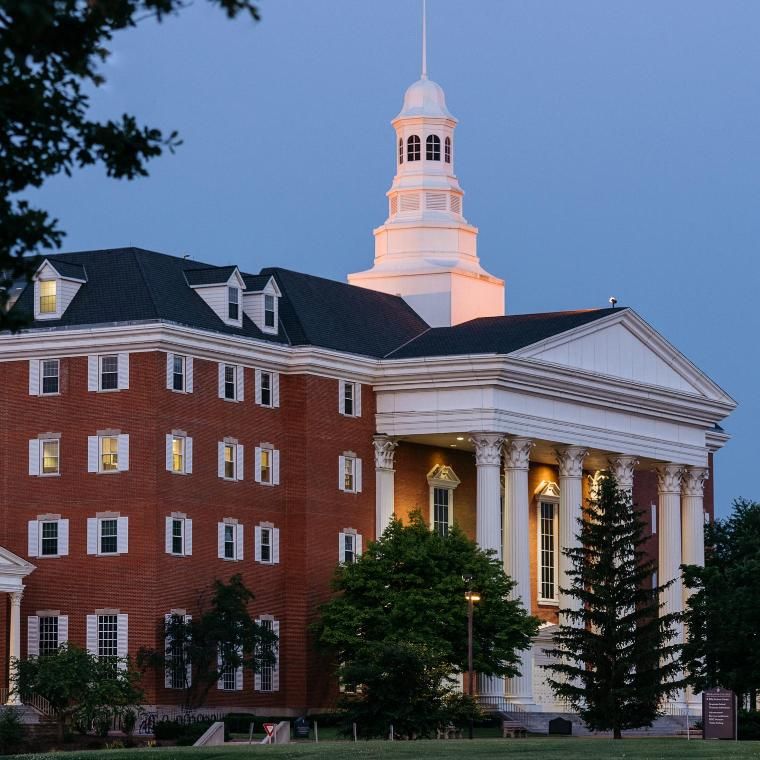Mike Kibbe, Ph.D. 2014
Recipient of the Gunther H. Knoedler Fellowship
Dean, College of Communication and Theology, Assistant Professor of Bible
Great Northern University, Spokane, WA
My dissertation, "Godly Fear or Ungodly Failure? Hebrews 12 and the Sinai Theophanies," (de Gruyter 2016) explores the relationship between three depictions of the initial Sinai theophanies (Exodus 19–20, Deuteronomy 4–5, and Hebrews 12), and engages their respective portrayals of Israel's fearful withdrawal from God's presence and request for Mosaic mediation. I argue that the apparent contradictions between those portrayals highlights both their continuity (the presence of God remains terrifying, regardless of time or location or circumstance) and discontinuity (the mediation of Christ—unlike that of Moses—permits and requires drawing nearer to God rather than pulling away from him).
Why Wheaton? Full funding. Highly attentive mentors who happen to be leading experts in their disciplines. Opportunities to integrate biblical studies and systematic theology. Deep friendships with fellow students. Easy access to Chicago land's scholarly resources. Phenomenal career exploration for graduates. So . . . what's not to like?
My scholarly soul is wedded to the idea that biblical scholars, systematic theologians, and historical theologians should spend more time with each other. Wheaton's distinctive quest for disciplinary integration was fertile soil for that passion, and I count my seminars in systematic theology among my most formative experiences at Wheaton. Doug Moo, my supervisor, supported my feeble efforts at integration while always—as is right and good!—holding my feet to the fire of faithfulness to the text of Scripture itself.
I could go on and on about the virtues of the PhD faculty in particular, but to study at Wheaton is not merely to receive access to the resources particularly designated for the PhD program. Given my interest in the book of Hebrews, I was able to rub shoulders with Hebrews specialists such as Jon Laansma, Amy Peeler, and Karen Jobes. Not one of them has "mentor PhD students" in their job descriptions, but I count each a mentor and friend and received immeasurable help from them during my years in the program.
